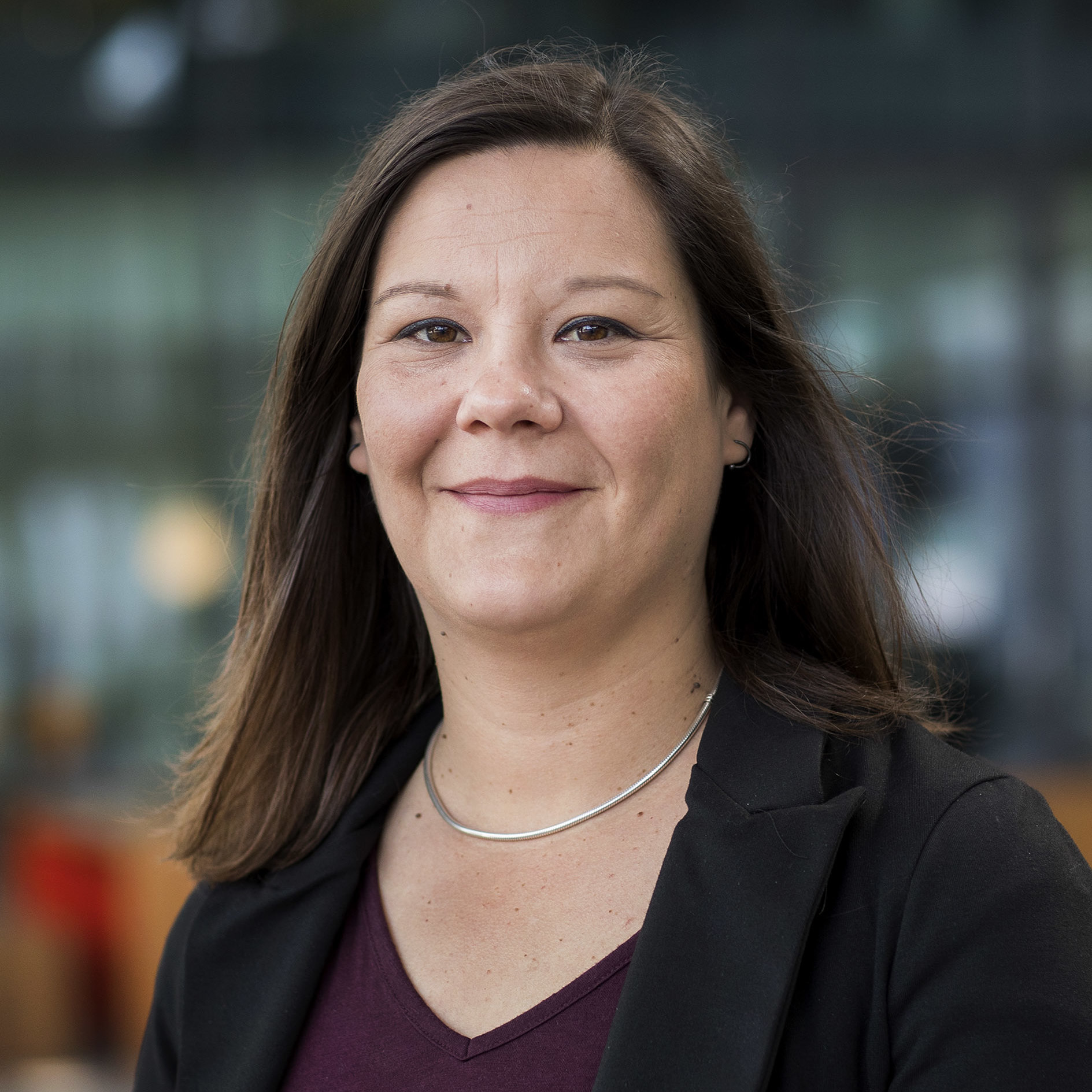Dr. Marta Costa Figueiredo | Eindhoven University of Technology
Electrocatalytic synthesis of fertilizers
Many industrial chemical processes involve a high-energy demand (often still derived from fossil fuels), toxic reactants, and the production of high amounts of waste. A good example is the production of ammonia and urea via the Haber-Bosh and Bosch-Meiser processes, respectively. These two nitrogen-containing compounds are primarily used in the fertilizer industry, and with the increase in the world population, their production is expected to increase. Additionally, NH3 itself is responsible for 2% of the world's annual energy consumption and has a carbon footprint of 1.5 tons of CO2 per ton of NH3 [1]. Therefore, the development of more efficient, less hazardous technologies that are based on renewable energies to produce valuable N-containing compounds has become one of the most challenging topics for chemical synthesis. By using electrochemical methods for the synthesis of ammonia and urea, toxic and dangerous chemicals can be replaced with clean electrons. Furthermore, the efficiency and selectivity of the reactions can be tuned by the applied potential, and more importantly, the energy used can come from renewable sources like wind or solar [2].
In this talk, I will show the recent advances from our group in the development of catalysts for the electrocatalytic synthesis of ammonia and urea (for example, Cu2O and CuZn) and the reaction mechanism when using nitrate as a substrate [3,4].
References:
[1] S. Giddey, et al, Int. J. Hydrogen Energy, 38 (2013) 14576–14594
[2] Frontana-Uribe, B. A. et al; Green Chem. 2010, 12 (12) 2099– 2119
[3] D. Anastasiadou, B. Ligt, Y. He, R van de Poll, J. Simons, M C Figueiredo. Communications in Chemistry, 6, 199, 2023
[4] D. Anastasiadou, Y. van Beek, W. Chen, T. Wissink, A. Parastaev, E. J.M Hensen, M. C. Figueiredo, ChemCatChem. 2023, 15, 10, 9 p., e202201503
Biography
Marta Costa Figueiredo studied chemistry at Porto University (Portugal) where she obtained her MSc degree in 2008. From 2009 to 2012, she moved to Spain for her PhD research in electrocatalysis for the reduction of nitrogen-containing compounds under the supervision of Prof. Juan Feliu. After finishing her PhD in 2012, Marta was a postdoctoral researcher at different Universities in Europe Aalto University (Finland), Leiden University, and the University of Copenhagen. From 2017 until 2019, Marta was a Jr Scientist at Avantium (Amsterdam) working on CO2 electrochemical conversion. In April 2019 she was appointed assistant professor in electrochemistry and electrocatalysis at the Inorganic Materials Chemistry research group at TU/e.
